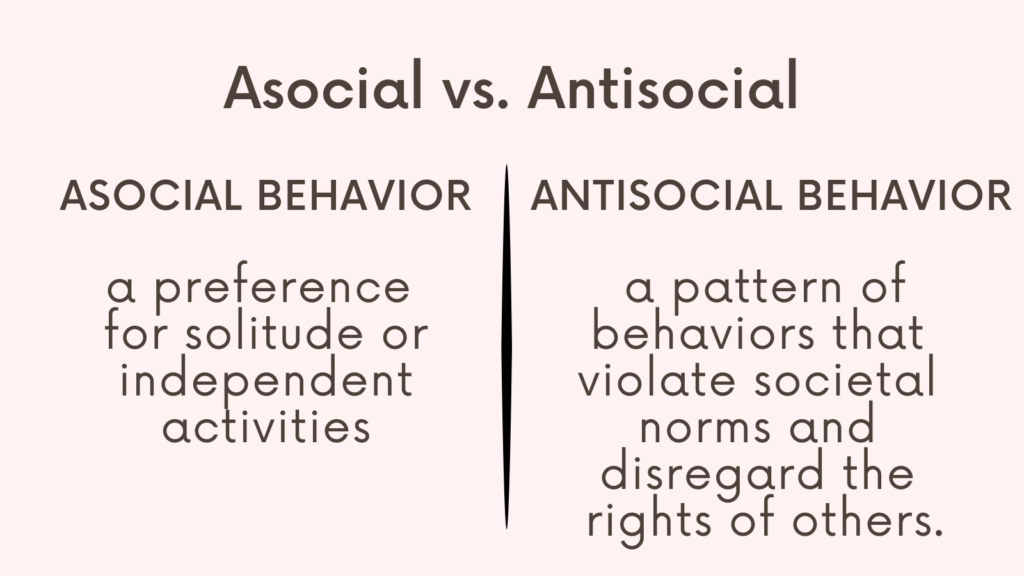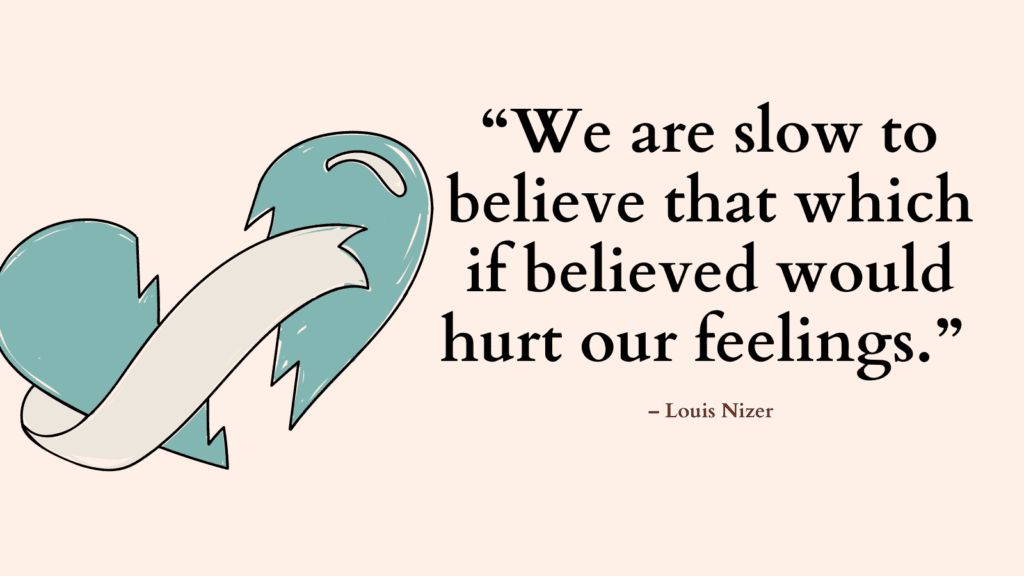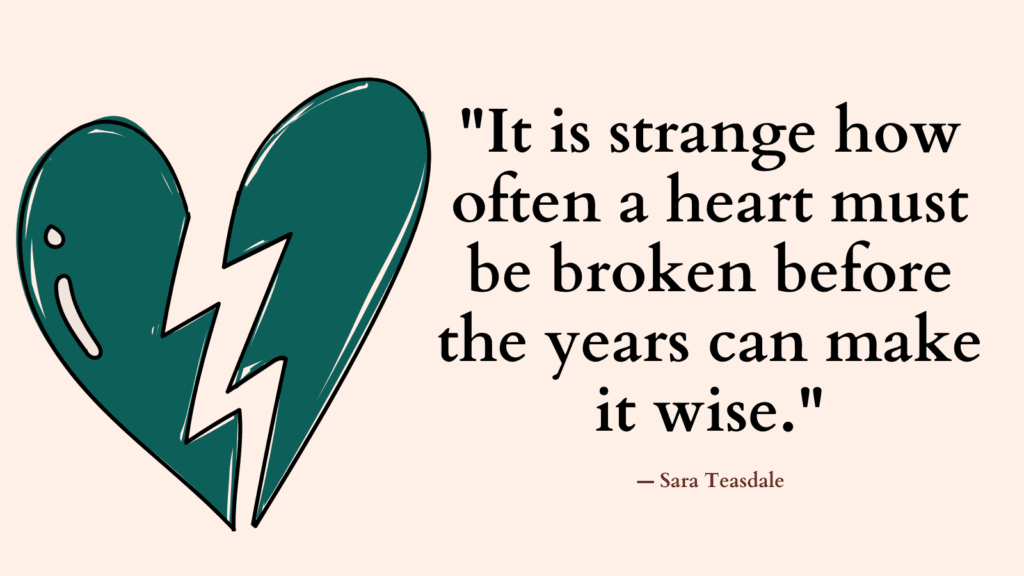In this post, you’re going to learn all about asocial vs. antisocial.
What Is Asocial Behavior?
Asocial behavior refers to a pattern of behavior exhibited by individuals who prefer self-imposed isolation or limited social interactions.
It is characterized by a lack of interest or desire to engage in social activities or relationships.
Asocial behavior does not indicate a dislike or aversion towards others, but rather a personal preference for solitude or a reduced need for social connection.
People who exhibit asocial behavior may feel more energized and content when alone rather than in the company of others.
They may find social interactions draining or overwhelming, leading them to choose to spend time in solitary pursuits such as reading, hobbies, or introspection.
It is worth mentioning that asocial behavior is not inherently pathological or indicative of a psychological disorder. It is a variation in social behavior that falls along a spectrum of human preferences.
However, if asocial behavior causes distress, functional impairment, or interferes significantly with one’s well-being or daily functioning, it might be helpful to seek support from a mental health professional who can provide further guidance and support.
Causes and Contributing Factors of Asocial Behavior
The causes and contributing factors of asocial behavior can vary from person to person.
1. Introversion: Some individuals are naturally more introverted and find solace and energy from spending time alone or in solitude. They may engage in asocial behavior as a way to recharge and reflect.
2. Personal preferences: Some people simply have a preference for solitude or independent activities over social interactions. They may prioritize personal interests, hobbies, or introspection rather than engaging in frequent socializing.
3. Past negative experiences: Individuals who have had traumatic or challenging social experiences, such as bullying, rejection, or social anxiety, may develop a tendency toward asocial behavior as a protective response to avoid potential negative interactions.
4. Environmental factors: The social environment one grows up in can influence their social behavior. Factors such as family dynamics, cultural values, and social support systems play a role in shaping one’s preference for social interaction.
Related: Top 6 Challenges For Introverts (& How to Overcome Them)
What Is Antisocial Behavior?
Antisocial behavior refers to actions or behaviors that go against societal norms, rules, or expectations.
It involves a persistent pattern of behaviors that disregards the rights and well-being of others.
Antisocial behavior can manifest in various ways, such as aggression, hostility, deceitfulness, impulsivity, rule-breaking, or a lack of empathy or remorse for one’s actions.
Examples of antisocial behaviors include physical violence, theft, dishonesty, manipulation, chronic lying, disregarding the feelings or needs of others, violating social or legal norms, and engaging in risky or harmful behaviors without taking into account the potential consequences.
It’s important to note that occasional instances of antisocial behavior do not necessarily indicate a diagnosable disorder.
However, if these behaviors become chronic, repetitive, and significantly impair an individual’s functioning or relationships, it may be indicative of a mental health issue, such as Antisocial Personality Disorder.
A proper assessment by a qualified mental health professional is necessary to determine the underlying causes and provide appropriate interventions or treatments.
Related: How to Deal With A Sociopath? 21 Clear Traits of A Sociopath You Need to Watch Out For
Causes and Contributing Factors of Antisocial Behavior
Antisocial behavior can be complex and has been studied extensively in psychology. It is associated with several factors, including:
1. Conduct disorder: Antisocial behavior often emerges during childhood or adolescence and may be linked to conduct disorder, characterized by persistent patterns of aggression, deceitfulness, and rule-breaking.
2. Psychopathy: Some individuals with antisocial behavior display psychopathic traits, such as a lack of empathy, superficial charm, manipulative behavior, and a tendency to engage in impulsive and reckless actions.
3. Environmental factors: Experiencing adverse or dysfunctional environments, such as neglect, abuse, inconsistent parenting, or exposure to violence, can contribute to the development of antisocial behavior.
4. Genetic and biological factors: Research suggests a genetic predisposition to antisocial behavior, as certain genes may influence impulsivity and aggression. Additionally, neurobiological factors, such as abnormalities in brain structure or neurotransmitter imbalances, may contribute to antisocial tendencies.
5. Sociocultural influences: Cultural and societal factors, such as social inequality, lack of opportunities, and exposure to deviant models, can shape antisocial behavior.
Related: Top 25 Signs You’re Dating a Psychopath – and How to Heal From Psychopathic Abuse
Asocial vs. Antisocial
Asocial and antisocial are two terms that are often misunderstood or used interchangeably.
Asocial behavior refers to a preference for being alone or having minimal social interactions.
It is not necessarily negative or harmful. Individuals who are asocial may simply find solitude more fulfilling or feel drained by prolonged social interactions.
They may still have the ability to form and maintain healthy relationships, but they choose to limit their social engagements.
Antisocial behavior, on the other hand, refers to a pattern of disregard for societal norms, rules, and the rights of others.
Antisocial behavior can manifest as a lack of empathy, manipulative tendencies, impulsivity, and a disregard for the consequences of one’s actions.
It’s important to note that the term “antisocial” in psychology is different from its colloquial usage.
In everyday language, “antisocial” is often used to describe individuals who are shy or avoid social interactions, which is actually closer to the concept of asocial behavior.
Related: Who Is The Apath?
What Is Antisocial Personality Disorder?
According to the Diagnostic and Statistical Manual of Mental Disorders, 5th Edition (DSM-5), Antisocial Personality Disorder (ASPD) is a diagnostic category that defines a pattern of disregard for and violation of the rights of others. The DSM-5 criteria for ASPD include:
1. A pervasive pattern of disregard for and violation of the rights of others, starting from childhood or early adolescence, as indicated by at least three of the following behaviors:
– Failure to conform to social norms and laws, repeatedly engaging in illegal activities.
– Deceitfulness, lying, and manipulation for personal gain or pleasure.
– Impulsivity or failure to plan ahead.
– Irritability, aggressiveness, or frequent physical fights.
– Reckless disregard for the safety of self or others.
– Consistent irresponsibility, such as neglecting financial obligations or work-related duties.
– Lack of remorse, indifference, or rationalizing harm caused to others.
2. The age of 18 years or older (the behaviors cannot solely occur during the course of conduct disorder).
3. Evidence of Conduct Disorder with onset before the age of 15 years.
4. There is evidence of an enduring pattern of antisocial behavior that leads to significant impairment or distress in various areas of life.
It’s important to note that diagnosis should only be made by a qualified mental health professional based on a comprehensive evaluation of symptoms and functioning.
Related: Best 8 Books On Psychopaths And Sociopaths
Antisocial Behavior vs. Antisocial Personality Disorder
Antisocial behavior and Antisocial Personality Disorder (ASPD) are related, but they have distinct differences.
Individuals with ASPD may exhibit chronic patterns of antisocial behavior starting from childhood or early adolescence. While antisocial behavior can be sporadic or situational, individuals with Antisocial Personality Disorder consistently display a lack of empathy, remorse, and disregard for societal norms throughout their lives.
The diagnosis of ASPD requires a thorough assessment by a qualified mental health professional.
It’s important to note that not all individuals who engage in antisocial behavior meet the criteria for Antisocial Personality Disorder. Some people may engage in occasional problematic behavior without having a personality disorder.
Related: Is My Boyfriend A Compulsive Liar Quiz
Conclusion
It is important to differentiate between asocial behavior and antisocial behavior, as they have distinct meanings.
Asocial behavior refers to a preference for solitude or independent activities, while antisocial behavior refers to a pattern of behaviors that violate societal norms and disregard the rights of others.



